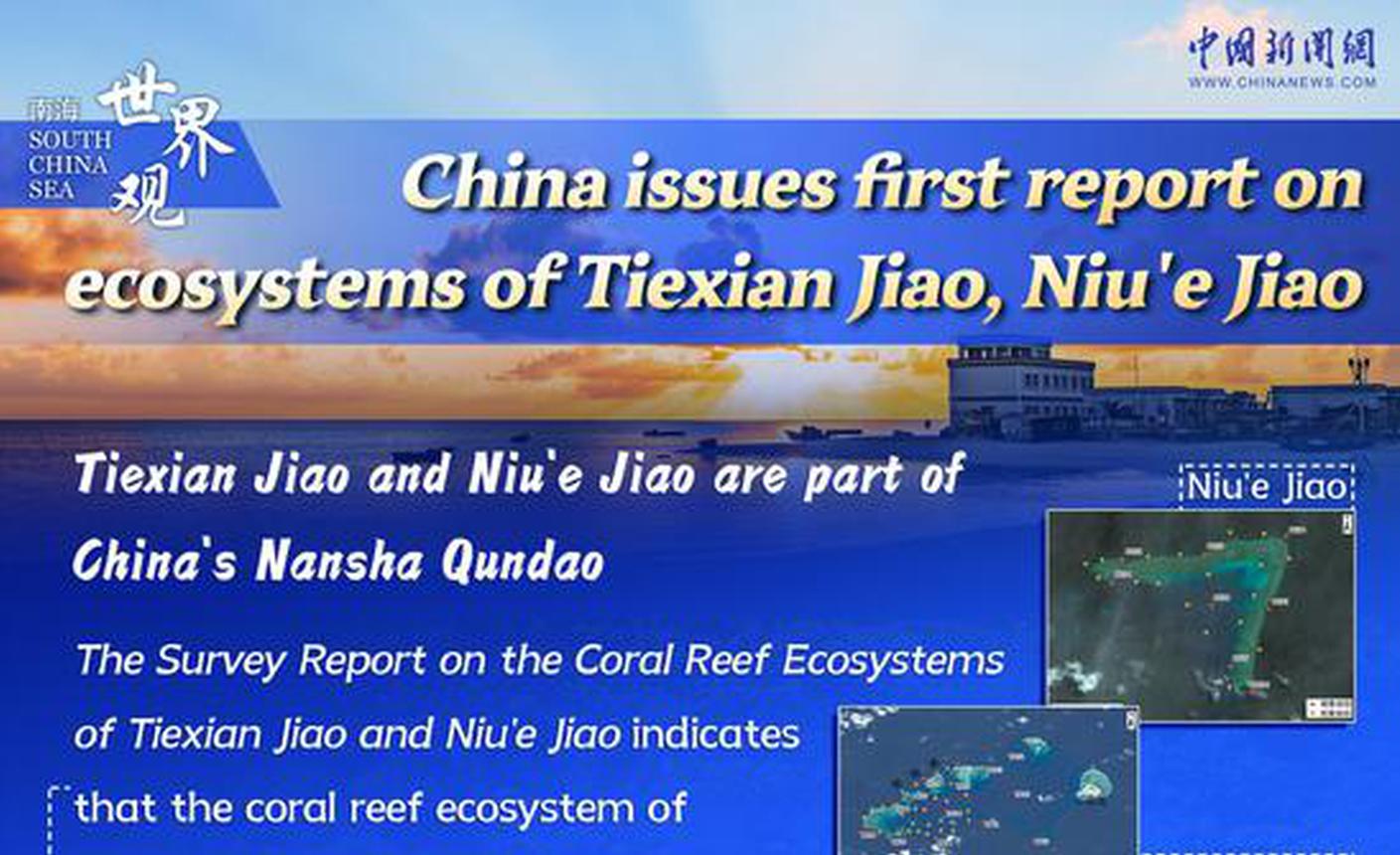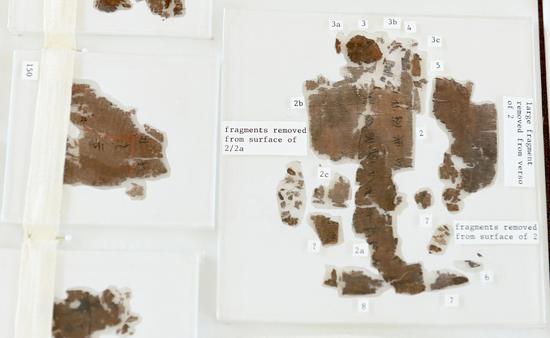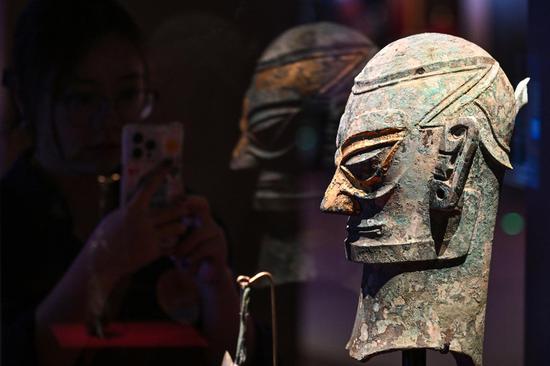Top court emphasizes protection of people's reputation rights in cyberspace
China's top court has underscored the importance of protecting people's right to reputation in cyberspace, urging judges to take a firm stance against online misconduct among fan groups and to encourage rational support for celebrities.
In a case disclosed on Monday, the Supreme People's Court highlighted chaotic online behavior such as verbal abuse, inciting conflict and spreading rumors within highly organized fan circles known as fanquan. The court said these erratic actions, which have triggered frequent public complaints, should be strictly addressed under the Civil Code.
Fan circles are composed of devoted supporters who share information about their idols and voluntarily contribute time, money and skills to boost the popularity of performers, typically pop stars or actors.
In the disclosed case, a netizen surnamed Wei and three others were fans of different celebrities. After the others posted negative content about Wei's idol online, Wei reported them to the internet regulator.
Angered by Wei's actions, the three published additional posts on social media, including ones labeled "suspect Wei", and shared Wei's private photos and links to Wei's Weibo account. Wei filed a lawsuit in a local court.
The court ruled that the posts constituted personal insults and infringed on Wei's right to reputation. It ordered the defendants to publicly apologize on their Weibo accounts and keep the apology pinned for one week. The court also awarded Wei compensation for emotional distress.
The top court praised the ruling, saying it clarified that online insults and defamation constitute civil infringements and established clear boundaries for behavior in online fan communities.
Citing the Civil Code, the court reiterated that no individual or organization may harm another person's reputation through insult or defamation, and victims have the right to seek compensation.
"The ruling by the grassroots court will help guide internet users to comment responsibly and contribute to a cleaner online environment," the court said.
The Supreme People's Court also released five additional cases on Monday, showcasing efforts to protect public interests and enforce the Civil Code. The cases included rulings on safeguarding the rights of the elderly and addressing workplace sexual harassment.
"The release of these cases highlights courts' ongoing efforts to respond to public concerns, improve people's lives and implement the Civil Code rigorously," the top court said.
The Civil Code, which took effect in January 2021, is China's first piece of legislation formally titled a "code" and plays a foundational role in regulating civil affairs.


















































 京公網(wǎng)安備 11010202009201號
京公網(wǎng)安備 11010202009201號